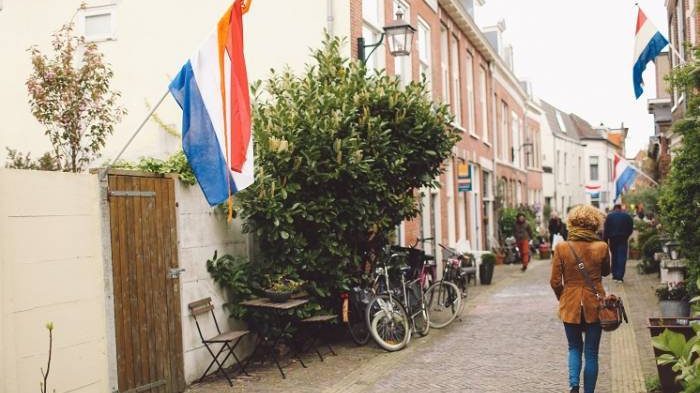The Dutch NRC reported that more than 90% of Syrian refugees who applied for asylum in the Netherlands in 2015 are now living in their own homes, and no longer live in KOA shelters.
The news site confirmed that nine out of ten people of Syrian or Eritrean nationality who applied for asylum in 2015 have been living independently since June 2021.
The Dutch Central Bureau of Statistics reveals that (41%) of the Syrians and (11%) of the Eritreans who applied for asylum in 2015 obtained a Dutch passport by the summer of (2021).
An exceptionally large number of people have fled to the Netherlands, mainly due to the war in Syria, and by the summer of 2021, according to the data of the Statistics Office.
The vast majority of these Syrians (93%) and Eritreans (95%) no longer live in a reception center affiliated with the Central Agency for the Reception of Asylum Seekers, but they live independently in the municipalities to which they are affiliated, and it is usually rented property, while about 7 percent of Syrians and 5 percent of Eritreans have left the Netherlands, the NRC reported.
About 42% of those who applied for asylum and did not hold dual (Syrian) or (Eritrean) nationalities had found independent homes, while half of them left the Netherlands
The data showed that about half of Syrians and nearly two-thirds of Eritreans were living on subsidies at the beginning of the 2016 census, while one out of every three Syrians became living on benefits in 2021.
This article was edited by The Syrian Observer. The Syrian Observer has not verified the content of this story. Responsibility for the information and views set out in this article lies entirely with the author.


